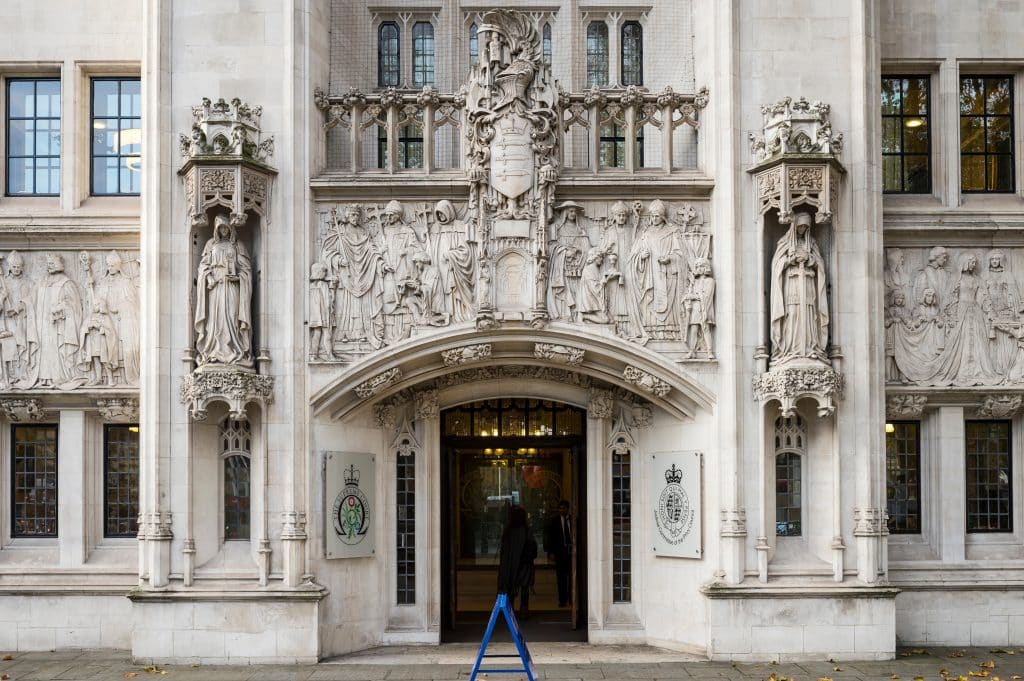In a landmark judgment that settles a contentious debate about testamentary capacity assessment, the High Court in Leonard v Leonard [2024] EWHC 321 (Ch) has definitively confirmed that the Victorian-era Banks v Goodfellow test remains the sole standard for assessing whether testators possess capacity to make valid wills.
This comprehensive judgment by Mrs Justice Joanna Smith provides crucial guidance for practitioners and families alike, particularly in cases involving elderly testators with cognitive impairments.
The £5.4 Million Estate Dispute
The case involved the estate of Dr Jack Leonard, valued at £5.4 million, and centred on a 2015 will that significantly reduced provision for his biological children. Despite medical evidence of dementia affecting Dr Leonard at the time of making the will, the central question was which legal test should apply to assess his testamentary capacity.
The will drafter—a chartered tax advisor—came under severe criticism from the court for showing what the judge termed a “total lack of awareness” of capacity issues. The court’s scathing assessment included describing the drafter’s evidence as “worthless” due to their failure to apply proper safeguards when dealing with a potentially vulnerable testator.
Banks v Goodfellow vs Mental Capacity Act 2005
The case addressed a fundamental question that has troubled practitioners: should the traditional Banks v Goodfellow test from 1870 continue to apply, or should it be replaced by the more modern Mental Capacity Act 2005?
The Banks v Goodfellow test requires that a testator must understand the nature and effect of making a will, comprehend the extent of their property, appreciate the claims of potential beneficiaries, and be free from delusions that would influence their dispositions.
Some had argued that the Mental Capacity Act 2005, with its more structured approach to capacity assessment, should supersede this Victorian test. However, Mrs Justice Joanna Smith firmly rejected this suggestion.
The Court’s Definitive Ruling
The High Court delivered an authoritative judgment confirming that Banks v Goodfellow remains the definitive test for testamentary capacity. The judge emphasised that while the Mental Capacity Act can serve as a useful “cross-check,” it cannot replace the established test that has “stood the test of time.”
This ruling provides essential clarity for legal practitioners who have faced uncertainty about which test to apply. The judgment confirms that the four-limb Banks v Goodfellow test continues to be the sole standard for assessing testamentary capacity in England and Wales.
Professional Standards Under Scrutiny
One of the most striking aspects of Leonard v Leonard was the court’s criticism of the professional involved in preparing the will. The chartered tax advisor’s approach to capacity assessment was found severely lacking, with the judge noting a complete failure to recognise potential capacity issues, no attempt to apply the golden rule of obtaining medical evidence, inadequate questioning of the testator about his understanding, and poor record-keeping regarding the testator’s instructions.
This serves as a stark warning to all professionals involved in will preparation about the importance of proper capacity assessment and documentation.
Practical Implications for Will Drafting
The Leonard v Leonard judgment has several important practical implications for both legal practitioners and families.
For legal practitioners, the message is clear: always apply the Banks v Goodfellow test when assessing capacity. Consider obtaining medical evidence where there are any doubts about capacity, document thoroughly all interactions and assessments, and be particularly cautious with elderly or potentially vulnerable testators.
Families need to understand that cognitive impairment doesn’t automatically invalidate a will. It’s crucial to ensure proper professional advice is obtained when vulnerable relatives make wills, and to keep records of any concerns about capacity at the time of will-making.
The Continuing Relevance of Victorian Principles
The court’s decision to maintain the Banks v Goodfellow test demonstrates the enduring wisdom of certain legal principles. Despite being over 150 years old, the test remains fit for purpose in modern society, providing a clear and workable framework for assessing testamentary capacity.
The judgment noted that the test has successfully adapted to changing social conditions and medical understanding over the decades, proving its flexibility and resilience.
Looking Forward: Potential Legislative Changes
Interestingly, while the High Court has confirmed Banks v Goodfellow remains the law, the Law Commission has recently recommended replacing it with the Mental Capacity Act 2005 test in their report “Modernising Wills Law” published in May 2025. This creates an intriguing situation where the judiciary and law reformers appear to be pulling in different directions.
Until any legislative changes are enacted, however, Leonard v Leonard provides authoritative confirmation that Banks v Goodfellow remains the applicable test.
Key Takeaways
Leonard v Leonard provides essential guidance on several fronts. Banks v Goodfellow remains the sole test for testamentary capacity. The Mental Capacity Act 2005 can provide a useful cross-check but doesn’t replace the traditional test. Professional standards in will preparation are under increasing scrutiny. Proper capacity assessment and documentation are non-negotiable requirements. The courts will not hesitate to criticise professionals who fail to meet required standards.
Conclusion
The Leonard v Leonard decision provides much-needed clarity in an area of law that has seen considerable debate. By definitively confirming that Banks v Goodfellow remains the applicable test for testamentary capacity, the High Court has provided certainty for practitioners and families alike.
The case also serves as a important reminder about the critical importance of proper professional standards when dealing with potentially vulnerable testators. As our population ages and cognitive impairments become more common, the lessons from Leonard v Leonard become ever more relevant.
If you have concerns about the validity of a will or need assistance with will preparation for a vulnerable family member, our specialist contentious probate team can provide expert guidance and support. We offer free initial consultations to assess your situation. Call us on 0161 515 7329 or visit https://www.fiftysixlaw.co.uk/contact/ to leave your details and arrange a consultation.




